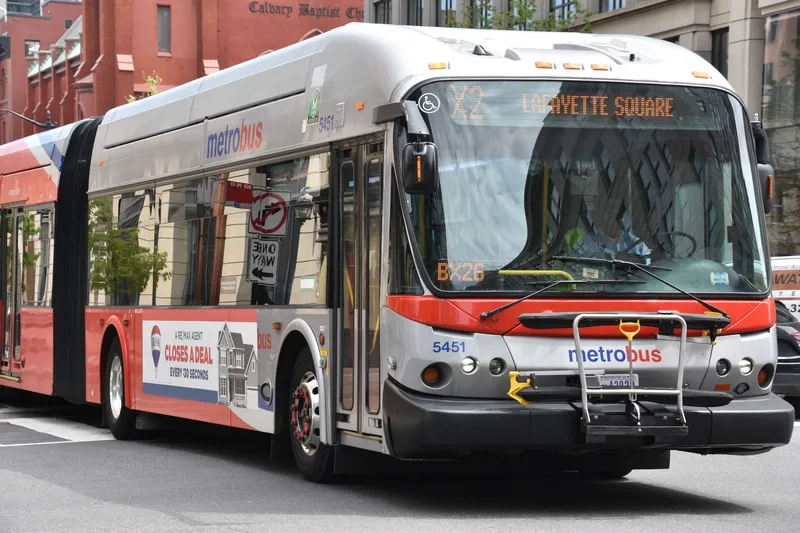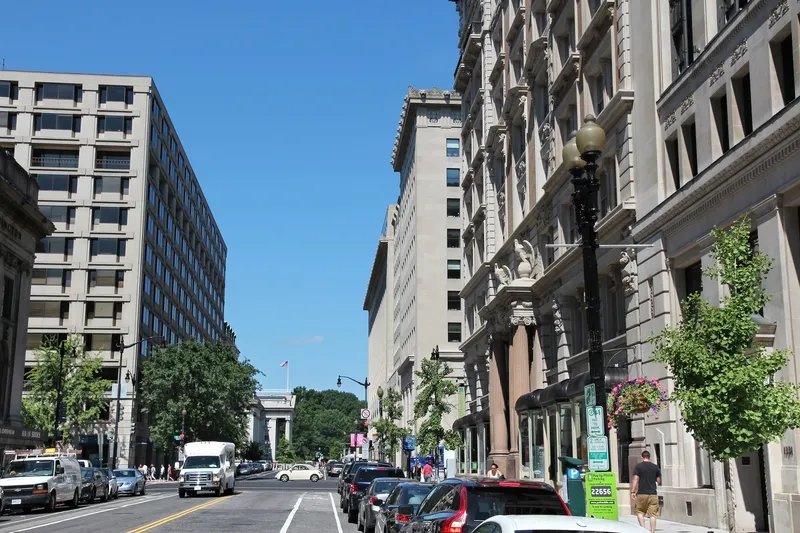
Hayden AI has signed a contract with the Washington Metropolitan Area Transit Authority (Metro) to deploy bus lane and bus stop enforcement camera systems on Metrobuses in the US capital.
The deal between Metro and the District of Columbia will see 140 systems installed this summer, which are planned to be operational by the end of
2023. As many as 600 systems could be installed over the next 10 years as part of the agreement.
Chris Carson, CEO and co-founder of Hayden AI, says: “Keeping bus lanes clear of illegally parked vehicles improves transit speeds and safety for riders. And making sure that bus stops aren’t used as parking spots will guarantee that riding the bus is accessible for all riders including people with disabilities.”
Hayden AI has deployed nearly 500 AI-powered, bus-mounted camera systems in New York City for the Metropolitan Transportation Authority (MTA), and the company says these have "significantly increased compliance with dedicated bus lane stopping and parking restrictions".
MTA says 86% of drivers who receive a violation do not receive another.
The technology has also improved safety, with collisions along the M15-SBS route down 34% since automated bus lane enforcement was deployed in October 2019.
“Our mobile perception platform combines advances in deep learning and computer vision to help enhance mobility,” said Vaibhav Ghadiok, chief technology officer and co-founder of Hayden AI.
“We’re excited to bring this proven technology to Washington, DC, and to be the first company to use automated bus stop enforcement to keep bus stops safe and accessible for transit riders.”









